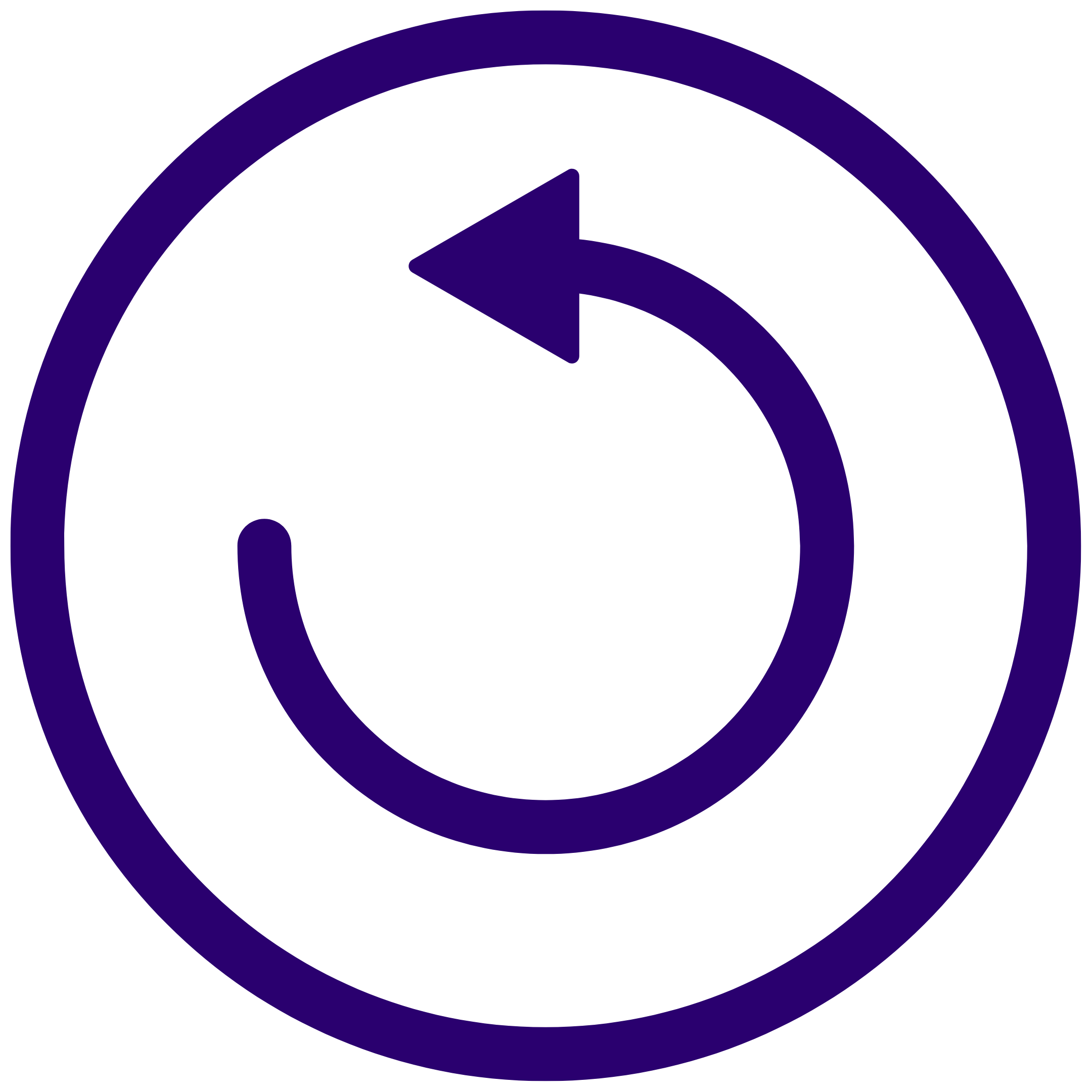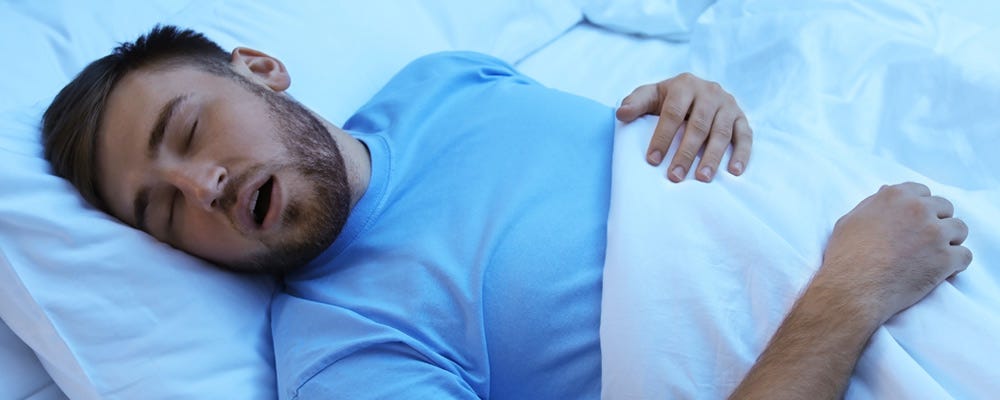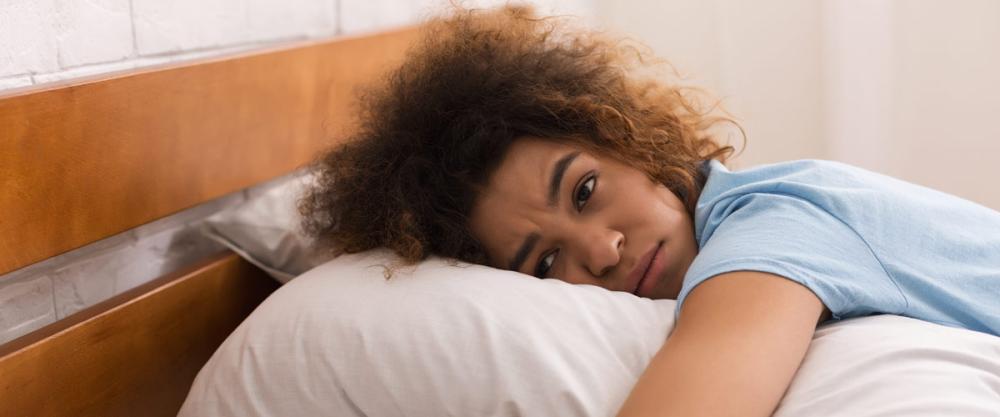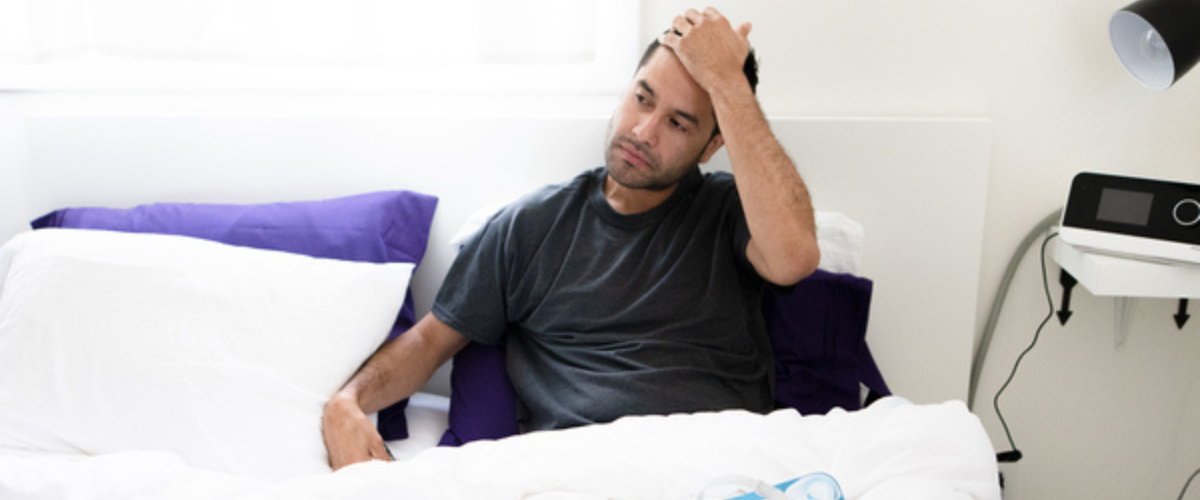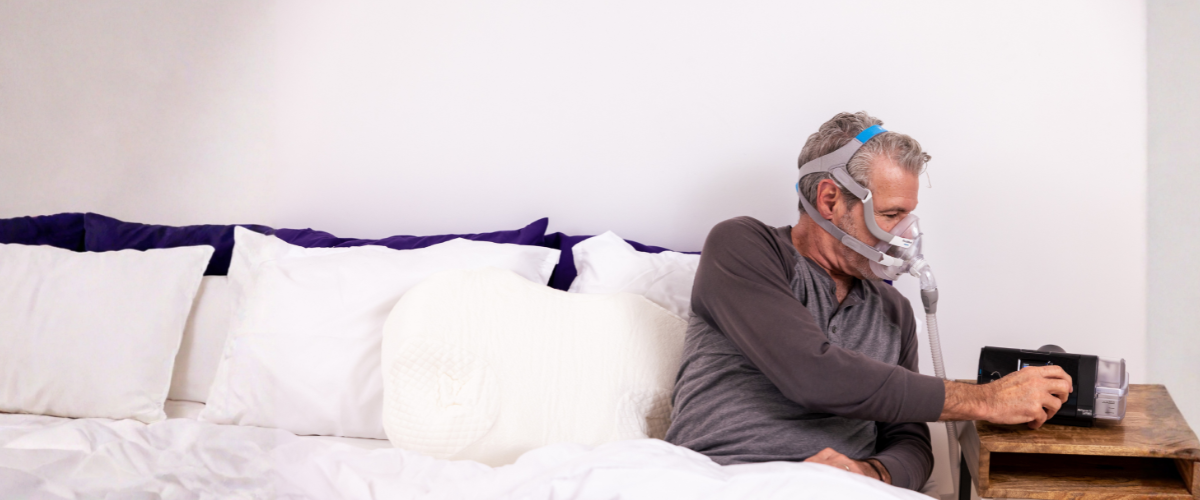Whether you’ve been diagnosed with it or you suspect it may be at play, sleep apnea (a temporary pause in breathing while asleep) is a well-known and deeply studied disorder with tons of information available. So let’s cozy in and get to know your diagnosis: mild sleep apnea.
What is Mild Sleep Apnea?
We should tackle the definition first. An apnea is a full pause in breathing for 10 seconds or longer. Its sister condition is hypopnea - a partial reduction in breathing for 10 seconds or longer. These sleep disorders are typically diagnosed with a sleep study, during which a specialist records the patient’s Apnea-Hypopnea Index (AHI) - sleep apnea’s measurement of severity.
AHI is the average number of apneas and/or hypopneas in an hour of sleep. For example, an AHI of 5 means 5 pauses in breathing in one hour. We’re specifically exploring mild obstructive sleep apnea (OSA), which is defined as an AHI between 5 and 15.
While those with mild OSA have fewer apneas than more severe cases, that’s still 5-15 times per hour that they stop breathing! Patients that have sleep apnea of any severity can still experience troublesome symptoms, including:
- Excessive daytime sleepiness
- Difficulty concentrating
- Frequently waking with dry mouth and/or sore throat
- Morning headaches
Does Mild Sleep Apnea Get Worse?
If ignored, mild sleep apnea certainly could get worse. It’s important to know the contributing factors so that you and your doctor can develop a treatment plan. Getting older is a factor that is unavoidable; however, weight gain, heart health, and muscle tone of your upper airway are often manageable to some degree.
How Common is Mild Sleep Apnea?
Harvard shared a population study suggesting that a full 60% of OSA cases in sleep studies fall into the mild category. While mild sleep apnea has a greater prevalence than moderate OSA and severe types combined, we know that the associated loud snoring, decreased oxygen levels, and increased blood pressure often feel anything but ‘mild’. Worse, it may also be quietly contributing to an increased risk of cardiovascular disease and heart attack.
How Do You Fix Mild Sleep Apnea?
There is no cure for OSA, but if your case is mild enough it is certainly possible that it could be managed by lifestyle changes. Making the following changes may help to increase airflow, improve cardiovascular health, treat or eliminate obesity, and generally improve your quality of life while also reducing your risk factors:
- Weight Loss
- Exercise
- Changing to side sleeping position
- Quitting smoking
- Avoiding alcohol or sedatives
As you work your way through this list, or one like it, with your doctor, it’s important to maintain good communication and follow-up. Even if you make these lifestyle adjustments, it’s still possible that medical intervention like CPAP treatment may be in your future.


Should You Use a CPAP Machine If You Have Mild Sleep Apnea?
If you suspect you have mild OSA, you should talk to your doctor right away to explore options. Sleep deprivation is notorious for causing poor decision-making, but seeking support when you are chronically tired is a smart move. If sleep apnea is found to be the fault, your doctor will recommend one of the following options.
CPAP Therapy
Continuous Positive Airway Pressure (CPAP) uses pressurized air to stabilize your airways and prevent them from collapsing. CPAP is still considered the gold-standard treatment for mild OSA and is the most effective, non-invasive treatment for sleep apnea at any level of severity.
Oral Appliance Therapy (OAT)
This is a treatment option where a custom dental appliance is created to position your jaw to prevent your airways from collapsing. We’ve written a handy reference that you’re welcome to check out for more information.
Neuromuscular Stimulation
If you don’t like the idea of wearing devices at night, there is a sleep apnea treatment you can do during the day. It uses safe, gentle, targeted electrical stimulation to tone your airway muscles. We know it sounds a bit odd, so here is a helpful reference with pictures to explain the ExciteOSA device more thoroughly.
Surgery
If your anatomy is the cause of your mild OSA, your doctor may recommend surgery to remove the obstruction. This may include removing a portion of the soft palate or tongue as well. Surgery is unlikely to be recommended for mild cases, but with a full picture of your unique health problems, your healthcare professional can provide the most informed perspective.
If your doctor does recommend surgery for mild sleep apnea, try to keep in mind what’s at stake. If left untreated, sleep apnea can worsen and weigh heavily on your cardiovascular system. Severe OSA is known to contribute to high blood pressure (or hypertension), arrhythmia (abnormal heart rate), heart disease, and heart failure.
Whatever your medical team recommends, CPAPsupplies is here to help. We work with you to get you geared up with the products and information you need to tackle OSA head-on!




